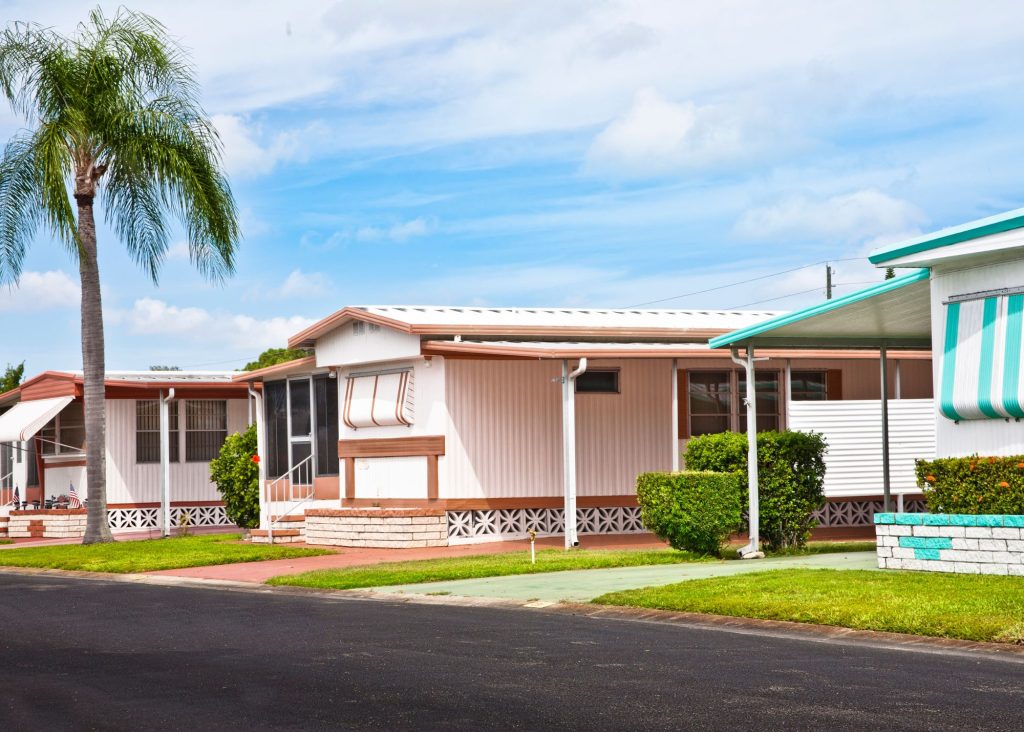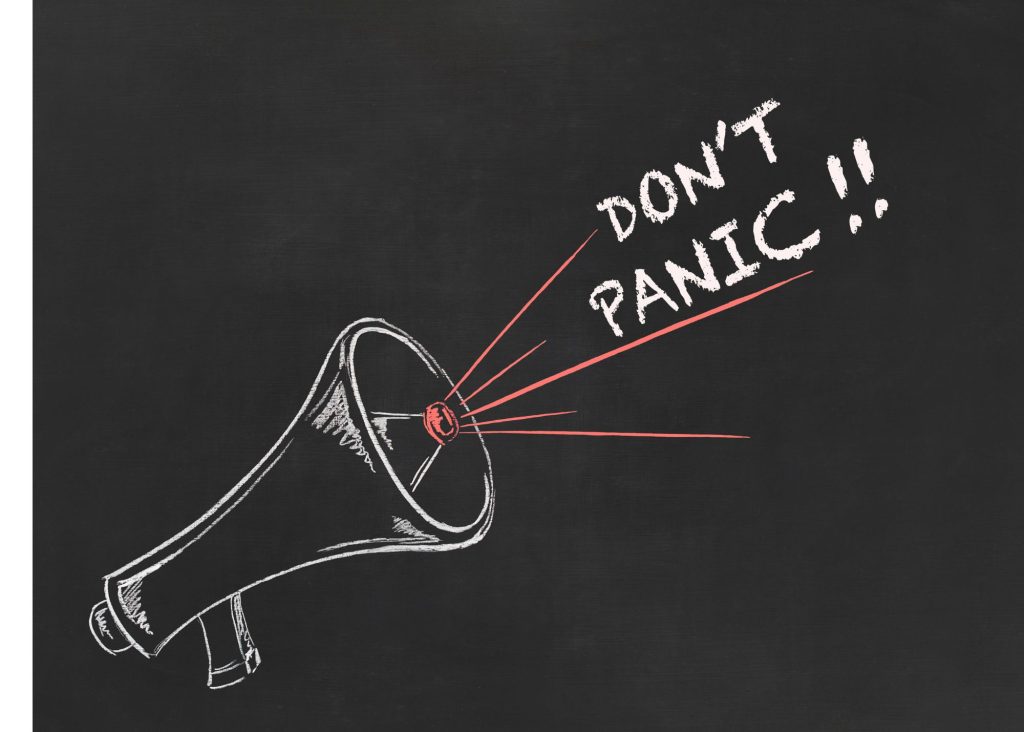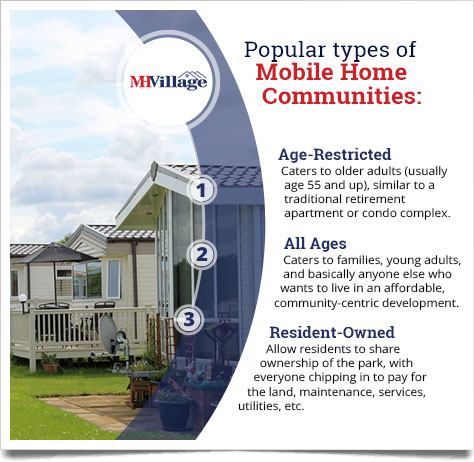
Are you thinking about selling your mobile home? If so, you need to read this article!
Here at Integrity, we know that the decision you make to sell your mobile home isn’t always easy. If you’ve owned your home for a long time, you may be thinking about an upgrade, but apprehensive to leave the home you’ve become accustomed to over the years. Now’s the time to think seriously about selling your home.
As you may have heard, due to investors buying property in the Tampa Bay area, home prices have risen significantly over the past year. As a result, those looking for more affordable homes are choosing to purchase mobile homes. The demand for your home may be at its highest right now!
Just like single-family homes, mobile homes have the capability to appreciate in value. It’s a common myth that manufactured homes can only depreciate, however, the data tells us that is not true. Home values as a whole have gone up dramatically in the past year. This is a great time to take advantage of an increase in the value of your mobile home!
The demand for mobile homes is so high that we have been experiencing a shortage of homes to sell! More people have come to Integrity looking for a home than homes we have for sale. If you’re looking to sell your mobile home quickly and hoping for a buyer to pay the highest price for your home, now is the time to list. You have the potential to be able to sell your home for what you paid for it, or more!
Contact any of our helpful and professional agents for more information on how to sell your mobile home.
Considering a switch to a brick-and-mortar home? Contact our real estate specialists at the Red Door Real Estate Group!









